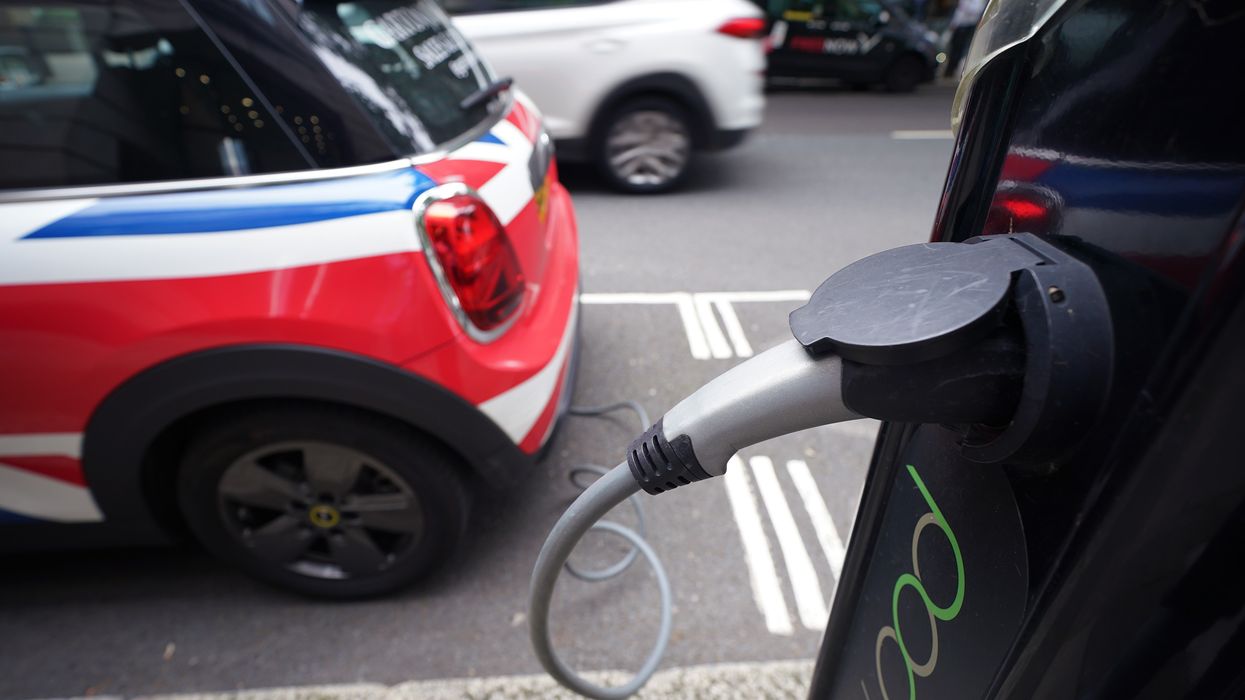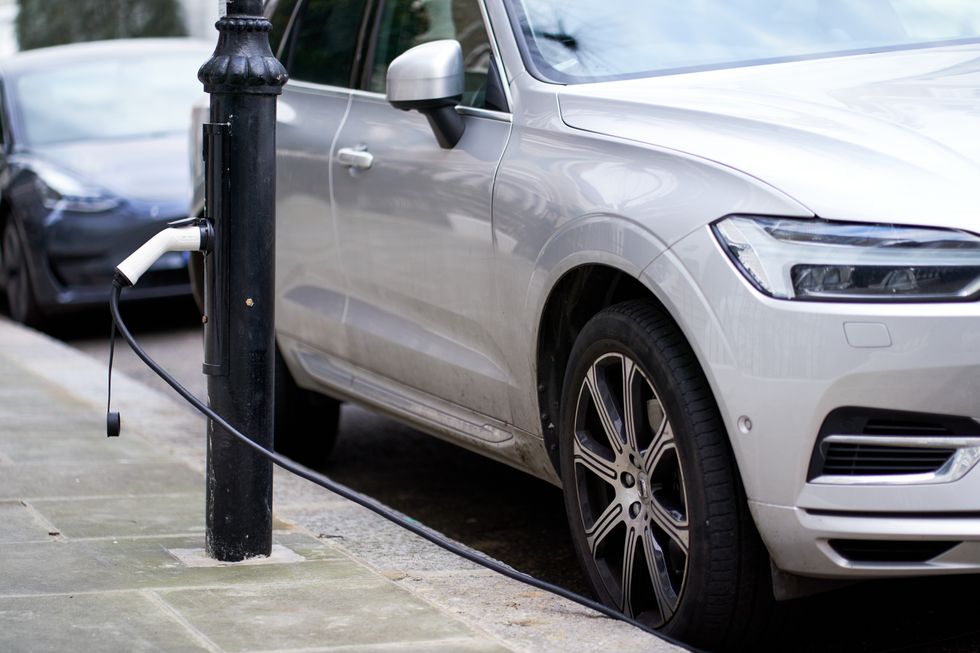Electric car drivers 'unfairly targeted' by massive price hikes at public charging points

Chargepoint operators are hiking prices to manage grid capacity
|PA

There has been a 13p/kWh rise in the cost of peak-time slow charging
Don't Miss
Most Read
Electric car drivers are facing significant rises in the price of charging on streets and in residential areas in response to chargepoint operators hiking costs.
The latest AA EV Recharge Report for October 2023 found that there was a 13p/kWh rise in the cost of peak-time slow charging.
These tend to be chargers found in residential areas, with kerbside and lamppost charging devices becoming more popular.
Some chargepoint operators have increased their prices in a bid to deal with autumn and winter grid demand in local communities.
WATCH NOW: Labour's Steve Reed reacts to electric car plans
The AA stated that drivers without a dedicated charger at home were becoming used to price fluctuations.
As the public charging market continues to grow, this will become more evident to a larger group of motorists, similar to trends seen with domestic energy prices.
Peak and off-peak charging costs for ultra-rapid public chargers also grew by 4p/kWh.
Despite this, even at the highest speeds, it is still cheaper per mile to use an ultra-rapid charger at off-peak hours compared to filling a car with unleaded petrol.
When recharging an electric car using an ultra-rapid charger at peak times, a driver will pay around 14.6p per mile, compared to 14.76p for a petrol vehicle.
Jack Cousens, head of roads policy for the AA, highlighted how some motorists were being hit harder than others depending on whether they have a driveway or not.
He said: “EV drivers without a driveway will feel unfairly targeted with the hikes to kerbside charging.
“While chargepoint operators have a strong case regarding their responsibility towards grid management, those used to charging near their home could feel the pinch if they are unable to plug in during off-peak hours.
“Not reducing VAT on public EV charging to five per cent in yesterday’s Autumn Statement, was a missed opportunity to eliminate the ‘pavement tax’.”
Many in the electric car industry have called on the Government to slash the rate of VAT on public chargers to help motorists who rely on the public charging network.
In addition to lower prices, it will give other drivers the confidence to make the switch to electric who may be hesitant to ditch their petrol or diesel vehicles.
It is estimated that almost one-third of UK homeowners do not have a driveway or garage, significantly lowering their chances of having a home charger.
If the so-called “pavement tax” were to be abolished, people with home chargers and those who rely on the public network would be able to benefit from lower prices.
There are currently over 51,500 electric vehicle charging points around the country, across more than 30,000 different locations.
LATEST DEVELOPMENTS:

There are currently over 51,500 electric vehicle charging points around the country
|PA
Data from Zapmap suggests there are more than 680,000 chargers at homes and workplaces across the UK.










